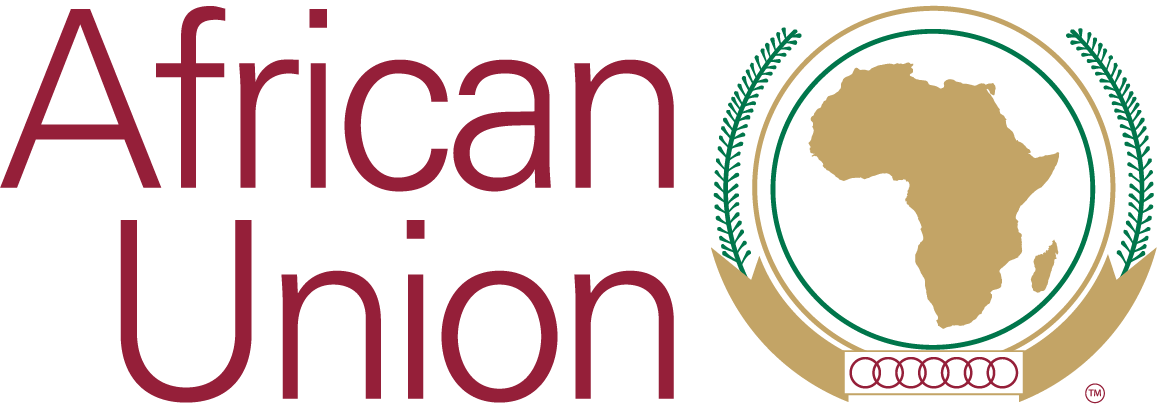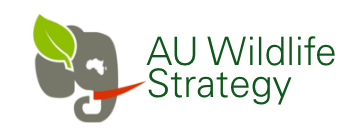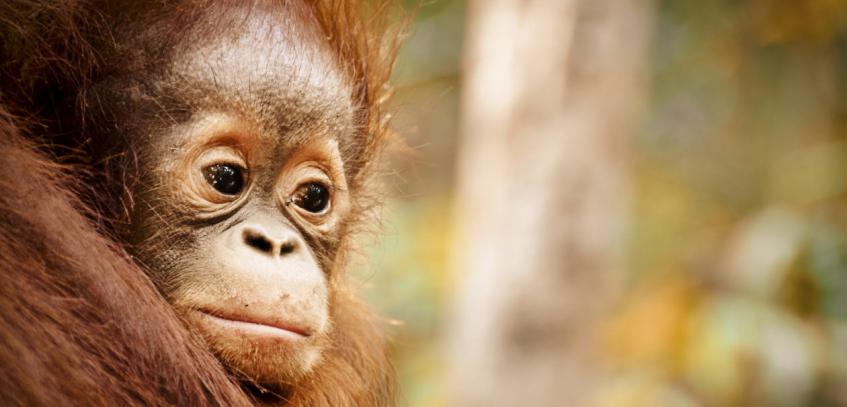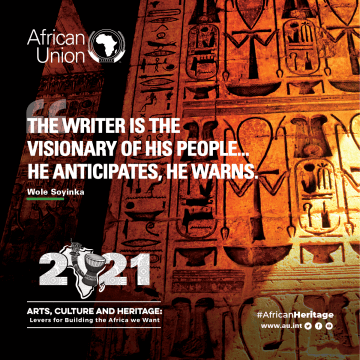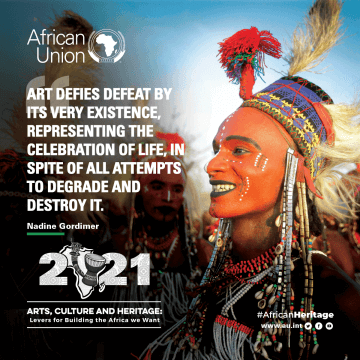Special Session of the Fridays of the Commission: “Petition to the United Nations General Assembly proposing that 9th September be declared the World Great Apes Day and seek to build support for the initiative
Addis Ababa, 18th September 2015: The African Union Commission on the 18th of September 2015 hosted the conference-debate of the “Fridays of the Commission’’ under the theme “World Great Apes Day: Improving the wellbeing of communities through conservation of great Apes and Critical ecosystems and eliminating illegal wildlife trade”. The event organized by the African Union Commission (AUC) in collaboration with United Nations’ Great Apes Survival Partnership(GRASP) and the Embassy of the Republic of Sierra Leone in Addis Ababa, Ethiopia, brought together representatives of the African Union Commission ,Officials from United Nations ,Members of the Diplomatic Corps in Ethiopia ,Development Partners, and Civil Society. The main objective of this event was to make petition to the United Nations General Assembly , proposing that 9th September , the date when Kinshasa Declaration on Great Apes was signed in 2005, be declared the “World Great Apes Day” and seek to build support for the initiative.
In her welcoming remarks, the AUC Director for Rural Economy and Agriculture agreed that Grate Apes are endangered species, with their populations and habitats continuing to experience decline and further stressed on the importance of conserving and protecting them. “The Great Apes protection plays crucial role for sustainable socio-economic and environmental development through contributing to sustainable tourism, livelihoods of the local communities and conservation of the unique ecosystems in which they live.” She further highlighted the efforts of the African Union, which in its efforts to conserve Africa’s wild flora and fauna as well as fight against wildlife crime, adopted Decision EX.CL/Dec 832(XXV) on African Wild Flora and Fauna Conservation and Illegal Trade in Wildlife at its June Summit held in Malabo, Equatorial Guinea.
Mr. Samba Harouna, Head of UNEP Liaison Office to AUC, UNECA and Representative to Ethiopia, underscored the essential role that Great apes and their habitats play in economic development of many African nations since they provide direct and indirect benefits to local communities and contribute to poverty alleviation through development of regulated ecologically sustainable eco-tourism. “Habitat loss is the primary threat for great apes in Africa, caused by rapid population growth and natural resource exploitation illegal hunting among others. “ In this regard, Mr. Harouna emphasized that the establishment of the World Great Apes Day will draw and focus global attention towards the protection of great apes and forest ecosystems in their critical role in supporting surrounding human communities.
Mr. Doug Cress, the Great Apes Survival Partnership (GRASP) coordinator in his speech presented a brief over view of GRASP that was established in 2001, with the objective of curbing illegal wild life trade and lifting the imminent threat faced by the four main kinds of great apes i.e. Bonobos, Chimpanzees, Gorillas and Orangutan and their habitats. The GRASP coordinator noted that GRASP, which is the only United Nations species conservation programme, engages peoples from all walks of life to impact local national and international attitudes towards great apes conservation. Mr. Doug in his closing remarks called upon African countries to spear head the drive to push for the petition to recognize 9 September as World Great Apes Day as the continent has the highest number of great apes ranges.
Mr. Fidel Ruzigandekwe, Deputy Executive Secretary for Programmes of the Greater Virunga Trans-boundary Cooperation (GVTC) highlighted the experiences of the cooperation in the Greater Virunga area affirming that the collaboration is a mechanism for strategic, trans-boundary collaborative management of the Greater Virunga Landscape that covers Uganda, Rwanda and the Democratic Republic of Congo, set up by ICCN, RDB and UWA with their partners in the region and was started with ranger collaboration to protect mountain gorillas in Mgahinga, Bwindi, Virunga and Volcanoes in the 90s. The GVTC is steered by a ten year strategic plan as well as a five year implementation plan which sets as goal improved conservation mechanisms of species, habitats, and ecological services contributing to increased socio economic benefits through effective trans-boundary collaboration.
Director of conservation through Public Health Dr. Gladys Kalema Zikusoka underscored the importance of conservation through public health as it encourages sensitization of communities on prevention and control of diseases that could easily be passed on from humans to great apes and vice versa. Mrs. Gladys also commended President Kagame of Rwanda for his role in spear heading and signing the petition for the recognition of 9 September as World Great Apes Day. The Public Health Officer emphasized the urgent need to protect great apes habitats and to improve the health as well as livelihoods of communities living adjacent to Great Ape habitats which will in turn bring about sustainable development.
In her closing remarks, representative from Rural Economy and Agriculture, Olushola Olayide, Senior Policy Officer, underscored the rich biodiversity we have in Africa saying it need conservation and protection. She commended the partnership that is helping the conservation and assured the commitment and readiness of the AUC to collaborate with all partners within the framework of the African Union strategy on illegal exploitation and illicit trade on wildlife flora and fauna and in the African Union’s Agenda 2063.
The conference ended with an interactive session which gave opportunity to participants to ask questions and get clarifications. The Fridays of the Commission are quarterly events and constitute a policy dialogue forum on current economic, political, social and cultural challenges faced by the continent. It presents an opportunity for staff of the commission, diplomats and staff of international institutions in Addis Ababa and academics to interact and share information and experiences on policy options towards Africa’s Social-economic transformation.
